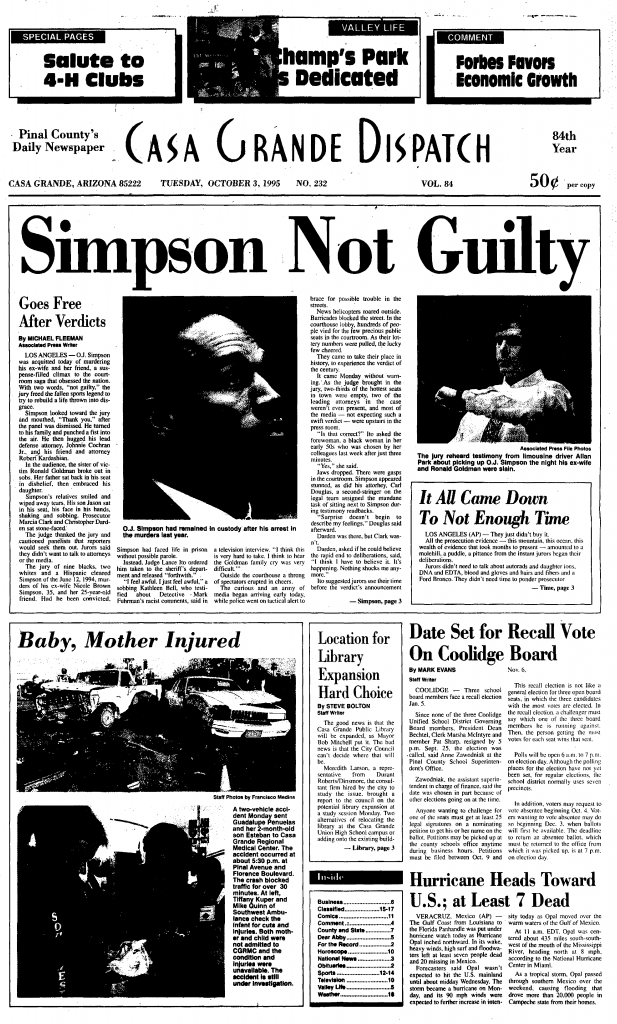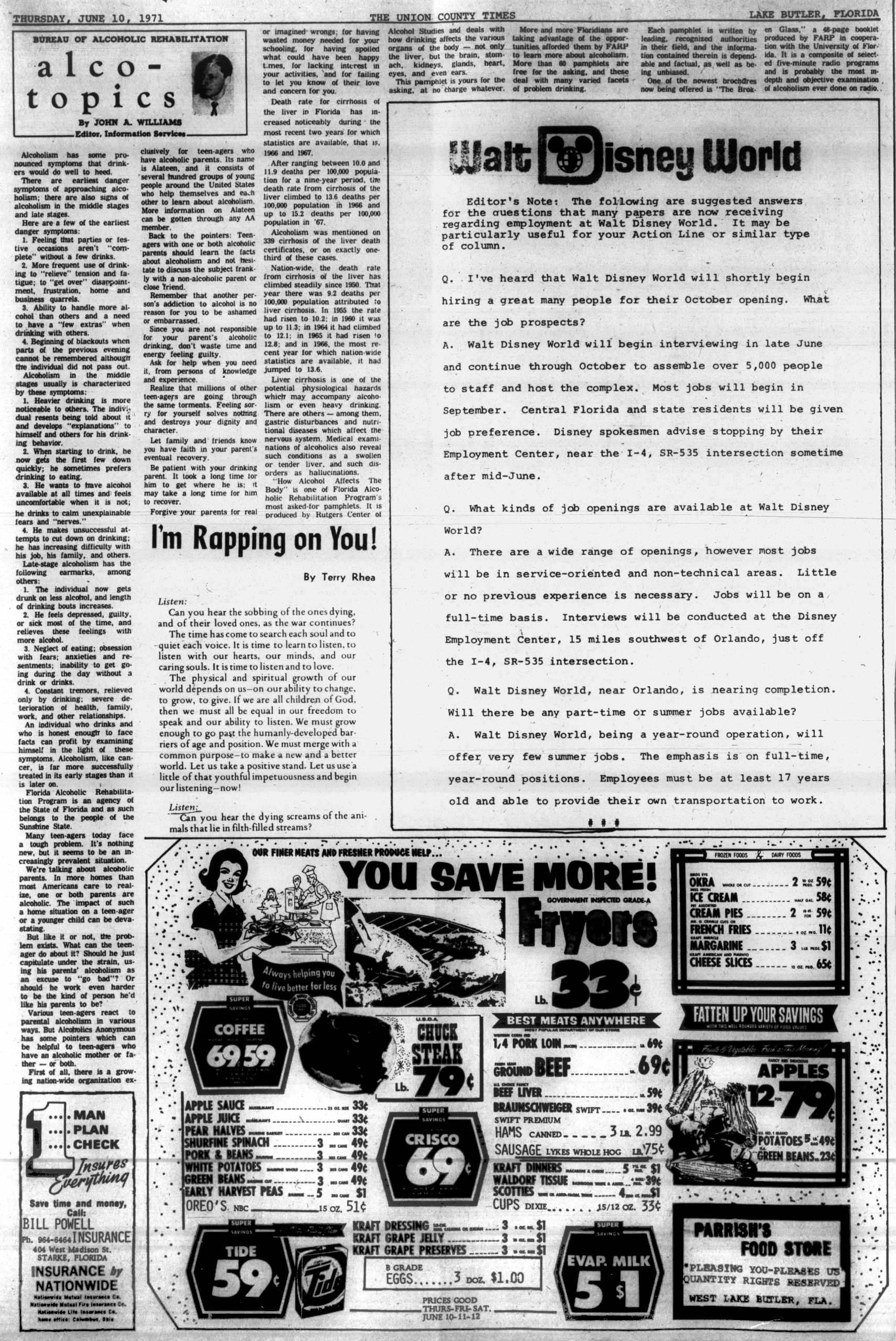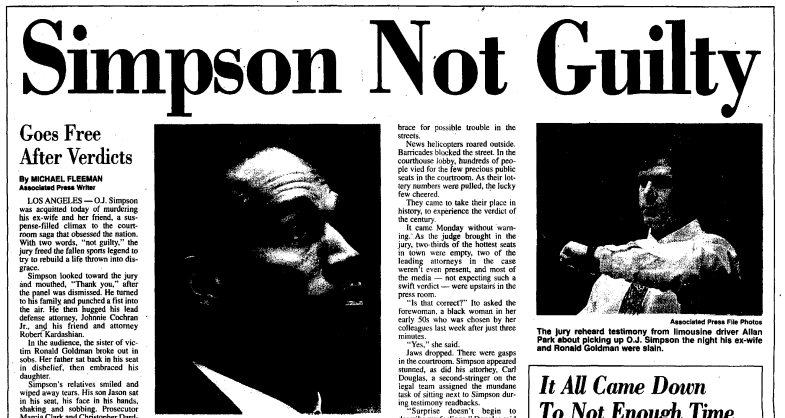On October 1st, 2024, Claudia Sheinbaum made history. Sheinbaum, the former mayor of Mexico City, was sworn into office that day, becoming the first female president in Mexican history. Not only was she the first female president of Mexico, but she was also the first Jewish descent president. The journey to becoming president was full of education and experiences in other governmental roles. Sheinbaum received a PHD in energy engineering from the National Autonomous University of Mexico in 1995. In 2007, she was a member of the United Nations Intergovernmental Panel on Climate Change, which won a Nobel Peace Prize. She served under her predecessor in different governmental roles, including her time as an environmental minister.
One of the main campaign issues she ran on was lowering crime in Mexico. In the Gazette, published on October 2nd, 2024, they highlighted the difficult position she was inheriting, including a struggling economy and high rates of violence. This fall will mark her first full year in office.

The question of whether O.J. Simpson did it has long been debated. The former NFL player was suspected of being behind the stabbing of his ex-wife, Nicole Brown, and her best friend on June 12th, 1994. He was taken into custody as a suspect shortly after and was set to face trial. The highly publicized trial began on January 24th, 1995, in Los Angeles. Simpson’s legal team focused on arguing that evidence in the trial had been mishandled, as well as questioning potential racial bias that was affecting their client. The public was largely split on whether they believed Simpson was guilty or not of committing the crime, and it was a major topic of public discourse. On October 2nd, 1995, the Jury finally began to deliberate on the fate of Simpson. The next day, October 3rd, they announced that the verdict was ‘Not Guilty’. The Casa Grande Dispatch reported on the shocked energy that overtook the courtroom as the verdict was announced. Gasps were heard both in the room and around the country as people found the end of the long-awaited question: did O.J. do it? The topic of whether or not O.J. Simpson was a massive debate, but the paper argued that it all boiled down to the “classic reasonable doubt defense with a racial spin”.
(1945 – 1980s) Happiest Place on Earth: Disney World Opens, 1971
Walt Disney, the legend behind Disney and all their different branches, dreamed up a park that would completely revolutionize the concept of a theme park. Disney World opened to the public on October 1st, 1971, and changed the city of Orlando, Florida, forever. The idea for Disney World came after Walt discovered that their California park, Disneyland, was a large success on the West Coast. However, there was a lack of visitors traveling from the East Coast to the California park. As such, Walt set out to find a location on the East Coast to build another park, and he settled on Orlando, Florida. He purchased the land and began to make plans for a new theme park, but died a year later. However, his brother took on the project and finished what Walt began. Interest only grew as the park was constructed, so much so that many papers, like the Union County Times, published an FAQ provided by Disney about employment opportunities at the parks in June of 1971. They shared that they were hoping to employ over 5,000 people and that there would be a variety of roles available. The park opened that fall, on October 1, 1971, and in classic Disney fashion included a large celebration. One unique aspect of opening day was the parade, which included over 1,000 students from Florida high school marching bands. At this time, Disney World was only one park- Magic Kingdom- but has since grown and become a bucket list destination for many around the world.

After the conclusion of World War II, the Allies turned their attention to handling those who remained of the Nazi Party. The Nuremberg Trials, named for their location, saw the trial of important Nazi leaders for the war crimes they committed. The four allies each appointed a judge and a prosecution team for the trial. From November 20, 1945, to October 1, 1946, 24 of the most important figures in the Nazi Regime were tried for their crimes. The trial showcased footage from concentration camps that was taken by the Allies, and other evidence of the inhumane acts committed by the party. On October 1, 1946, the trial came to a close as 19 defendants were convicted and received their sentences. The Newark Evening News published the full outcome of each individual later that day. Of the 19 convicted, 12 were sentenced to death, 3 received life in prison, and 4 were sentenced to 10-20 years in prison. There were later smaller trials for lower-rank nazi party members, but this trial sent a strong message to the world. It made sure that everyone knew the actions of the nazi party were deplorable, and the Allies were not afraid of convicting those responsible.
(1824 – 1914) Drop Dead (Deals): Interesting Advertisement, 1906
To end, I wanted to showcase this advertisement, which was largely ahead of its time. On the front page of The Paulding Democrat, published on October 4th, 1906, is an image of a man with the words “Dropped Dead”. Of course, my first thought upon seeing this was to assume that the man pictured had been suddenly found dead. Intrigued, I kept reading. I then realized that the man, T.H. Marshall, was not in fact dead, but rather a genius marketer. Instead of a story about the tragic fate of this man, I found Marshall himself very much alive and selling land. He listed the properties he had available and included his contact information, signing off with the nickname “the land man”. This was a very clever tactic that was way ahead of his current era of advertising. It is more similar to modern marketing, reminiscent of ‘clickbait’ tactics that have been popular in the 21st century. I wasn’t expecting to get click-baited by a 1906 newspaper, but that’s just another example of the fun things you can find in the Community History Archives.
Join me again next week to discover more of history’s hidden gems and timeless tales.
Explore the “Read All About It” archives to read stories that spotlight our partners and their communities, announcements from our team, updates on current projects, and so much more. Discover articles about engagement, outreach, primary sources, community, digitization, education, and other topics of interest. Delve into the happenings in this week in history and take a deep dive into the events and people who helped shape our communities, our nation, and the world.
Hear Ye, Hear Ye, READ ALL ABOUT IT!
Advantage Archives works to build strong, community-based partnerships to provide free online access to local history, making it discoverable and easily accessible to anyone, anywhere, at any time, on any device. This allows communities to understand and connect to their past in a meaningful way. Through the Community History Archive search platform, we provide the community with the means to explore, discover, learn from, connect with, and share the stories of the people, places, and events that shaped their community.
The Community History Archives are intended to serve as a “portal to the past”, allowing local primary source documents to give an accounting of history as told by the individuals that witnessed it. Advantage Archives guiding principals center around building strong community-based partnerships, which is why we enter into them with the intent of shouldering our fair share, and taking the burden off of the community for the ongoing costs associated with storage, hosting, development, and maintenance of the Community’s History Archive. We are an active participant in the community’s efforts to make their collective history more accessible. The Community History Archives are maintained for free by Advantage and do not require a subscription, seat license, annual support contract, or any other ongoing costs or expenses to the institution or members of the community.
If you would like to see more local history online, please contact your local library, newspaper publisher, genealogical society, historical society, or educational institution, and encourage them to learn more about creating a Community History Archive or have them contact Advantage Archives at (855) 303-2727



